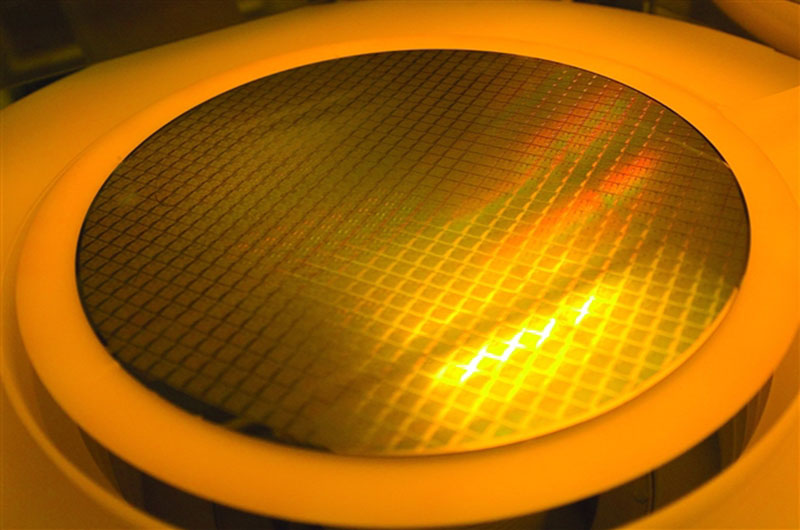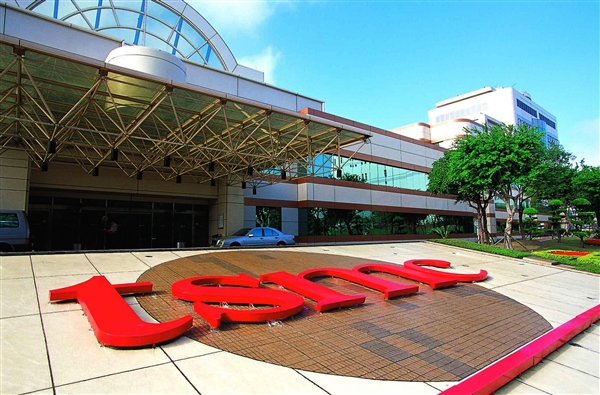
Time:2024-12-23Reading:1073Second
On December 23rd, it was reported that although the United States currently has a leading advantage in the field of cutting-edge chips and semiconductor equipment, China has been forced to shift towards expanding the production of traditional chips (mature process chips) as the United States continues to restrict the export of cutting-edge chips and related equipment to China.
During the previous epidemic period, the interruption of traditional chip supply seriously affected the automotive market, reflecting the importance of traditional chips.
According to Morgan Stanley's statistics, China's capital expenditure on wafer manufacturing equipment reached $41 billion in 2024, an increase of 29% from 2023 and accounting for approximately 40% of the global total.
Part of the investment is due to Chinese companies wanting to stockpile more wafer manufacturing equipment before further sanctions are imposed by the United States; The larger investment comes from Chinese companies such as SMIC and Huahong Semiconductor that manufacture traditional chips.
For example, SMIC, the largest wafer foundry in China, will have a capital expenditure of $7.5 billion in 2023, compared to only $2 billion in the year before the pandemic. The global market share of Chinese contract manufacturers in mature processes has increased from 14% in 2017 to 18% in 2023.
The report also pointed out that the intensification of geopolitics will cause Chinese customers to shift their search for suppliers domestically. Although many traditional chips from China are still not sold globally, they pose a challenge to Texas Instruments, a US company specializing in manufacturing traditional chips, and GlobalFoundries, a wafer foundry.
However, imposing export restrictions on traditional chips may not be practical, and American companies producing traditional chips may also require government funding.
Previously, the US government announced that it would provide up to $1.6 billion to Texas Instruments to support its construction of a new plant in the United States; We will also provide a $1.5 billion subsidy to Grofond to assist in expanding semiconductor production and strengthening the domestic supply chain in the United States.






